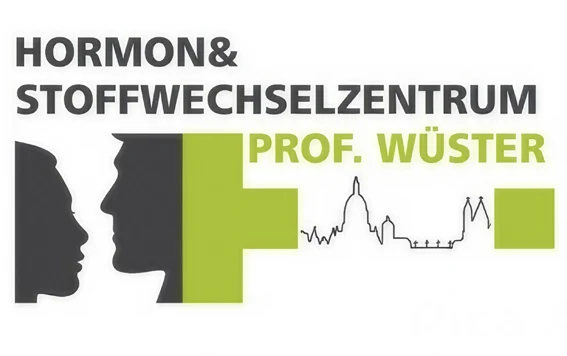Better care for patients with obesity in Mainz
Endocrinologist from Mainz refers to new patient guidelines for the treatment of obesity
MAINZ – The German Obesity Society (DAG) has published a new patient guideline on the diagnosis and treatment of obesity. Endocrinologist Prof Dr med Dr h. c. Christian Wüster points this out. Wüster also treats patients with obesity at the Hormone and Metabolism Centre in Mainz. The specialist in endocrinology and diabetology sees the new patient guideline as an important step towards closing the gap in the care of people with obesity. ‘The guideline summarises scientifically based therapies and is a good source of information for those affected, on the basis of which they can make medical decisions with their treating doctor. Patients can use it to better prepare themselves for participating in obesity therapy or surgery,’ emphasises Prof. Wüster.
Obesity is an interdisciplinary challenge, emphasises specialist from Mainz
The patient guideline, which was developed in cooperation between the scientific professional association DAG and the SRH University of Health, Campus Gera, sees obesity as a complex disease that should be treated in an interdisciplinary manner. “Obesity is an interdisciplinary challenge,” says Prof. Wüster. Representatives from various professional associations and medical disciplines were involved in developing the guideline, including endocrinologists, psychologists, surgeons, nutritional therapists and consultants, and general practitioners.
The patient guideline emphasizes the principle of “Nothing about me without me” and is intended to enable patients to meet their treating physicians on an equal footing.
Prof Wüster from Mainz sees the guideline on obesity as a good guide for patients
The guideline emphasises that patients who are actively involved in all decisions are more satisfied and better informed and can therefore better assess the risks and benefits of treatments. With this in mind, the guideline contains information on the causes, diagnosis and treatment options for obesity. It describes, for example
- Nutritional therapy,
- exercise therapy,
- behavioural therapy,
- weight reduction programmes,
- drug therapy and
- surgical therapy.
The guideline also takes a look at what patients can do themselves to reduce their weight permanently. ‘A good guide for patients with obesity that can provide helpful support for treatment,’ says Prof Dr med Dr h. c. Christian Wüster.

